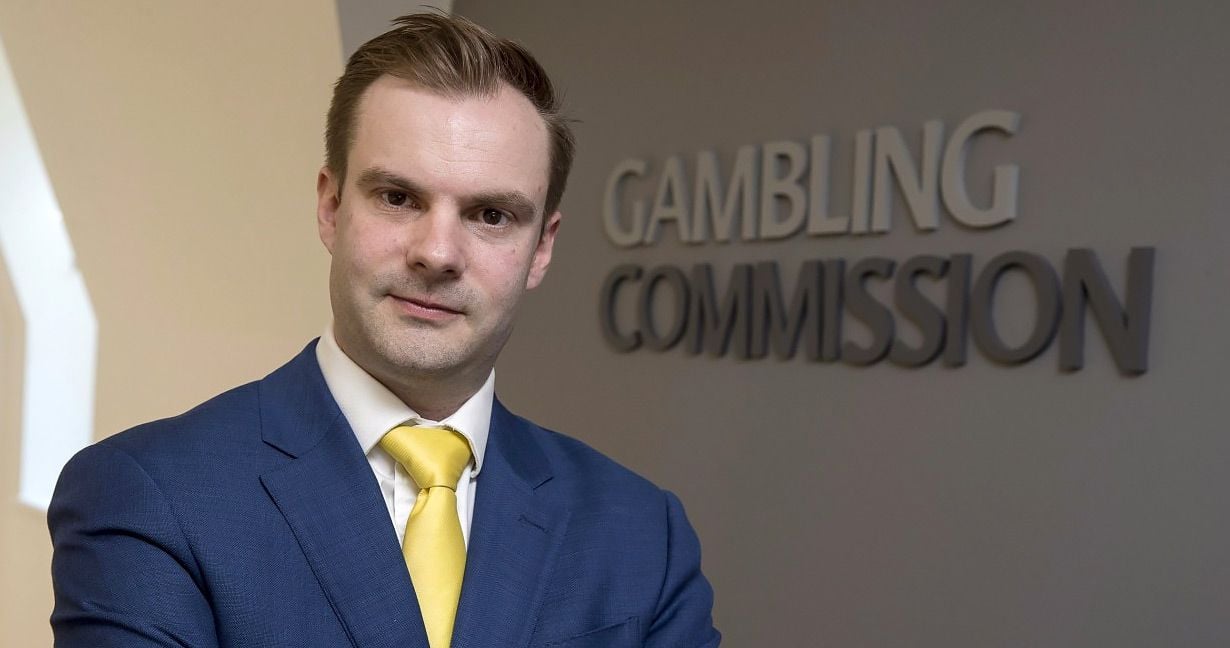Key Takeaways
The UK has asserted for years that it needed to make drastic changes to its gambling laws in order to force gaming operators to address responsible gambling. But another quarterly survey by the UK Gambling Commission (UKGC) finds a low level of gambling addiction.
 UKGC Executive Director Tim Miller, who oversees the gaming regulator s research. A new survey the UKGC conducted shows that problem gambling continues to be virtually nonexistent. (Image: Racing Post)
UKGC Executive Director Tim Miller, who oversees the gaming regulator s research. A new survey the UKGC conducted shows that problem gambling continues to be virtually nonexistent. (Image: Racing Post)Earlier this year, the UKGC that the level of consumers who fell in the “problem gambling” category was just 0.2%. However, the body responsible for monitoring and controlling the gambling industry added that this was 50% less than a year earlier.
That drop – and even the 0.4% level that preceded it – suggests that the gaming industry has done well in its management of responsible gaming protocols. However, if there needs to be more evidence, the UKGC’s latest report shows that the problem gambling level remains at 0.2%.
The UKGC has released the results of its latest quarterly responsible gambling survey. It conducted a phone interview, gathering data from over 4,000 consumers to calculate those programs success.
The survey regulator relies on the Problem Gambling Severity Index. However, the US National Library of Medicine has said this database might contain several errors. Additionally, the UKGC only asks survey participants three questions.
As such, it doesn’t provide a lot of data points with which to calculate scores.
Survey Finding Low RatesThe survey found that problem gambling among males was only 0.3%, while for females, it was just 0.1%. The male figure is lower than it was a year ago.
The figure for the 16-24 age group was 0.8%, a slight increase from last year. For the 25-34 group, the rate decreased to 0.3%, and further to 0.2% for the 35-44 group. The survey found that, for the 596 respondents in the group between 45 and 54 years of age, there was 0% problem gambling.
The two highest age groups, 55-64 and 64 and above, reflected rates of 0.2% and 0.1%, respectively.
UK Crack DownDespite the low findings, the UK government and the UKGC is spending a large amount of time reworking the gaming industry. The UKGC is also allocating substantial resources to develop new systems for gauging responsible gambling.
Legislators have also spent the past several years writing and rewriting gambling laws. Plans to present new laws were expected last year, but as 2022 rolled around and more issues arose, new delays also arrived.
Now, at the earliest, the government’s outlining its new gambling laws won’t be ready until at least this September.
veloow.com







